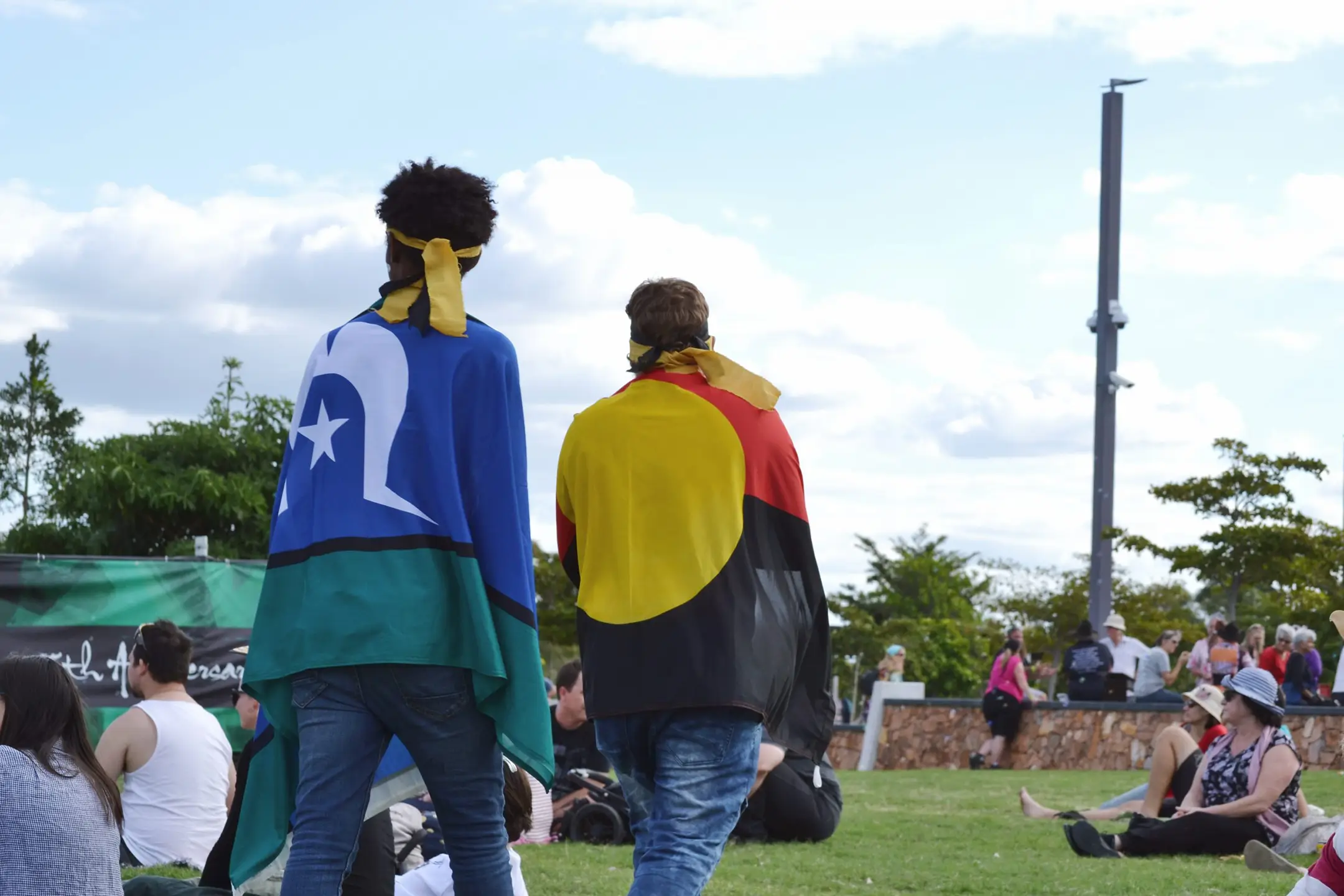Introduction
You should always feel safe and supported when visiting a health service or health professional. Below is information about where to find culturally safe and community led health services in your area along with online Aboriginal Health supports.
What are my choices when choosing a health service or health professional?
Sometimes it can be hard going to the doctor. You might not know where to start or you might want to see a doctor or health service that specifically works with Aboriginal people. There are many services that provide culturally informed or community led supports throughout NSW and you always have a right to choose these services as your preferred health provider.
You can always bring a support person, like a family member, a friend or a youth worker to support you when you go to the doctor.
See Visiting the Doctor to find out more about how to book a doctor appointment, what to expect, and what you need to bring when you go to the doctor.
If you need to apply for Medicare visit the How to Enrol page and use this Voluntary Indigenous Identifier form to let Medicare know you are Aboriginal and/or Torres Strait Islander descent.
Cultural Safety in health services
All health services and health professionals are encouraged to be culturally safe for Aboriginal people.
This means that a health service or health professional should be aware of different cultures and deliver safe, accessible and responsive health care that is free from racism and judgement.
Aboriginal Community Controlled Health Organisation’s deliver holistic and culturally appropriate health services to the community.
Where do I find an Aboriginal Community Controlled Health Organisation (ACCHO)?
An Aboriginal Community Controlled Health Organisation (ACCHO) is an incorporated Aboriginal organisation initiated by and based in a local Aboriginal community.
Australian Indigenous Health Info Net has an interactive map of Aboriginal Community Controlled Health Organisation’s available around Australia.
To find out more about what Aboriginal Community Controlled Health Organisation’s offer visit the NACCHO website or the Australian Indigenous Health Info Net website.
Additional Aboriginal Community Controlled Organisations’ in NSW:
- AbSec: The NSW peak organisation for Aboriginal families and children has list of different Aboriginal Services in NSW.
- First Peoples Disability Network: is a national human rights organisation for Aboriginal people with disability, their families and communities.
- NACCHO (National Aboriginal Community Controlled Health Organisation): has a list of services available.
- NSW Health have a map of Aboriginal specific health services supporting pregnant women, their families and community.
- Better to Know is a sexual health resource for Aboriginal and Torres Strait Islander people.
Free yearly health assessments for Aboriginal People
The Aboriginal Health Assessment (715 Health Check) is an annual health assessment for Aboriginal people of all ages that are free! These health checks should take under an hour but are important to have completed each year to check for preventable chronic illnesses to catch them early.
You can learn more through this video:
Aboriginal support services and resources
Our Health, Our Way
NSW Health yarned with Aboriginal young people for a long time and made videos called ‘Our Health, Our Way’.
These videos talk about the health system through the stories of young Aboriginal people in NSW:
- When you should see a doctor
- What to expect when visit the doctor
- What is good health
- Medicare cards
- Bulk billing
- What is confidentiality
- Having a baby
13YARN
13YARN is an Aboriginal crisis support hotline. You can call 13YARN to speak with a trained crisis support worker without judgement and in a culturally safe environment. You can yarn about your needs, worries or concerns and explore options for ongoing support.
Aboriginal Health & Medical Research Council of NSW (AH&MRC)
AH&MRC supports 51 ACCHOs to deliver culturally safe, high-quality primary health care services to Aboriginal communities across NSW. We work to strengthen the ACCHO workforce and ensure Aboriginal people are involved in the decision-making and delivery of health services. They are the NSW branch of the National Aboriginal Community Controlled Health Organisation (NACCHO)
Resources created by and for Aboriginal people:
- Take Blaktion have some deadly sexual health information.
- Desert Pea Media have videos about connection to country and yarning about mental health.
- BlaQ offers support to Aboriginal people who identify as LGBTIQA+ Sistergirl and brotherboy.
- Black Rainbow also offers support to Aboriginal people who identify as LGBTIQA+ Sistergirl and brotherboy.
- Italk studios have videos on health topics including COVID-19, cancer, family stories, and My Health Record.
- WellMob have social, emotional and cultural wellbeing resources and support.
- Your Room have drug and alcohol information for Aboriginal people.
- Get healthy for the mob have information on staying healthy and healthy eating.
- WA Country Health Service have a video about tobacco and smoking information.
